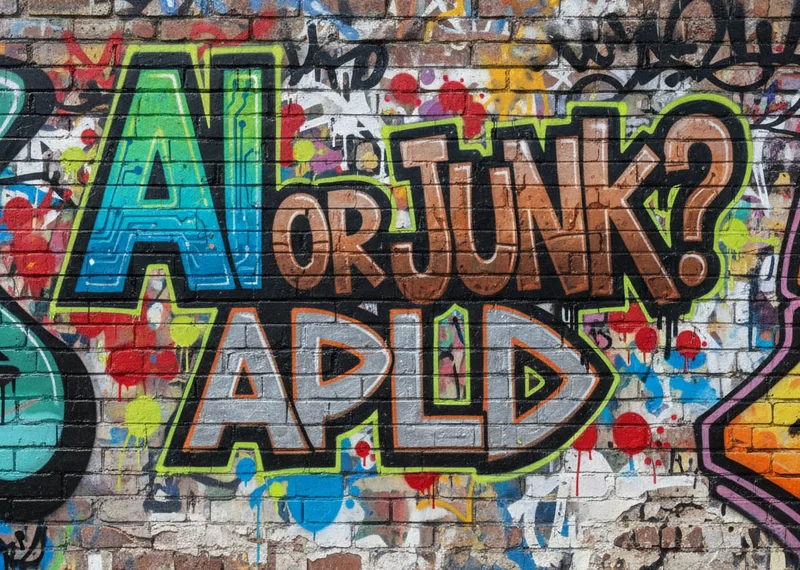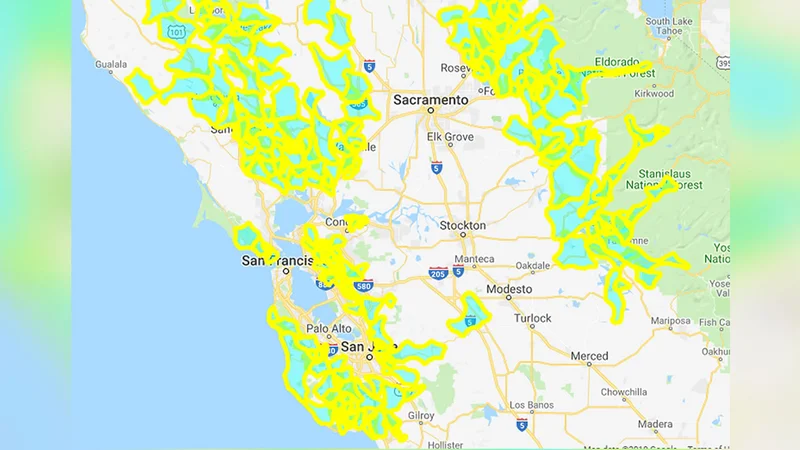Dow Dives 797 Points: Rate Cut Bets vs. Government Opens
Generated Title: Dow's Wild Ride: Shutdown Ends, But Is the Market Really "Fixed?"
The Dow Jones Industrial Average took a nearly 800-point nosedive (down 1.7%, to be exact) despite the government shutdown officially ending. The S&P 500 and Nasdaq followed suit, dropping 1.7% and 2.3% respectively. The headline? Relief over the shutdown's end quickly morphed into anxiety about the real economic picture. Dow Dives 797 Points as Government Opens: Stock Market Today
Data Blackout and Rate Cut Doubts
Trump signed the spending bill, sure, but White House officials are already warning that delayed economic reports "will be permanently impaired." That's... concerning. We're talking about October's inflation and jobs data potentially vanishing into the ether. Kevin Hassett, a Trump advisor, hinted that some jobs data might surface, but without the unemployment rate.
This isn't just about bureaucratic delays; it's about a fundamental lack of clarity. How can the Federal Reserve make informed decisions about interest rates when key economic indicators are missing? The market initially priced in a 95% chance of a December rate cut. Now? It's hovering around 50-50. A direct correlation between data opacity and rate cut uncertainty is emerging.
And this is the part of the report that I find genuinely puzzling. Why the rush to reopen without a plan to salvage the data? It's like fixing a car engine while throwing away the instruction manual.
Magnificent Seven Misfires
The tech sector took a beating, with the "Magnificent Seven" stocks showing cracks. Nvidia (NVDA) dropped 3.6%, Tesla (TSLA) plummeted 6.6%, Alphabet (GOOGL) fell 2.8%, and Amazon (AMZN) dipped 2.7%. Even the seemingly invincible Microsoft (MSFT) was down 1.5%. Apple (AAPL) managed a meager 0.2% loss, while Meta Platforms (META) bucked the trend with a 0.1% gain (thanks to Wedbush's "Best Ideas List"—whatever that's worth).
Constellation Energy Group (CEG), pitched as an AI-driven nuclear play, also tanked, falling 5.2%. The exception? Cisco Systems (CSCO), up 4.6% after exceeding expectations for fiscal 2026 first-quarter results. They are an outlier. Is this an AI bubble correction, or just profit-taking after a long bull run? The market seems unsure, and that uncertainty is contagious.

Louis Navellier of Navellier & Associates paints a grim picture, highlighting "a fairly ugly" employment situation based on non-government data. Low hiring and large layoffs aren't exactly a recipe for market confidence. Navellier hopes a strong outlook from Nvidia's Jensen Huang will save the day. (Talk about pinning your hopes on one guy's PowerPoint presentation.)
Disney's Dismal Day
Walt Disney (DIS) had a particularly rough day, down 7.8%. Traffic at U.S. amusement parks dipped by 1% (not a huge drop, but a drop nonetheless), and the ongoing spat with YouTube isn't helping.
Disney's earnings were a mixed bag. Earnings per share came in at $1.11, above the Wall Street consensus of $1.05, but down from $1.14 a year ago. Revenue missed expectations, landing at $22.46 billion versus the anticipated $22.76 billion. Operating income for the entertainment segment was down 35%, which is substantial (more specifically, a 35% decline).
Streaming and experiences segments showed profit growth, with Disney+ adding 3.8 million subscribers. Management is still projecting double-digit EPS growth in fiscal 2026 and 2027. But the YouTube blackout looms large. Disney admits it "cannot predict how long this service blackout will last or reasonably estimate the adverse impact on our results of operations." That's not exactly reassuring investors.
Jeff Macke sums it up best: "America is driving in the dark with the headlights off and the gas pedal to the floor." The economic calendar gap created by the shutdown hasn't magically disappeared. We're about to get a flood of consumer data (Home Depot, Lowe's, Target, Walmart all reporting), which will either confirm our worst fears or offer a glimmer of hope.
The Data Doesn't Compute
The market's reaction to the shutdown's end isn't a celebration; it's a reckoning. The missing economic data creates a fog of uncertainty, obscuring the true state of the economy. The "relief rally" was a mirage. Now, investors are realizing that the underlying problems haven't gone away—they've just been temporarily hidden.
Previous Post:AI's Next Chapter: What Happens Now?
Next Post:Cook County Property Tax Bills: Delays and What We Know
Related Articles
Adrena: What It Is, and Why It Represents a Paradigm Shift
I spend my days looking at data, searching for the patterns that signal our future. Usually, that me...
Dow Jones Tumbles: Tech Sell-Off and Rate Cut Uncertainty
Alright, let's get into it. Thursday wasn't pretty if you were watching the tickers. The Dow took a...
Applied Digital's Earnings Report: What to Expect and What It Signals for the Future of AI
Yesterday, for a few dizzying minutes after the market closed, it looked like the story might be a s...
Plug Stock's Big Jump: What's Actually Happening and Why You Shouldn't Buy the Hype
So, Plug Power is back. Just when you thought the stock was destined to become a footnote in the ann...
Powell's Speech: Decoding the Market Impact and Future Rate Cuts
All eyes are on Washington, D.C. tomorrow. Not on Congress, not on the White House, but on a single...
PGE's Landmark Solar Investment: What It Means for Europe's Green Future
Why a Small Polish Solar Project is a Glimpse of Our Real Energy Future You probably scrolled right...





